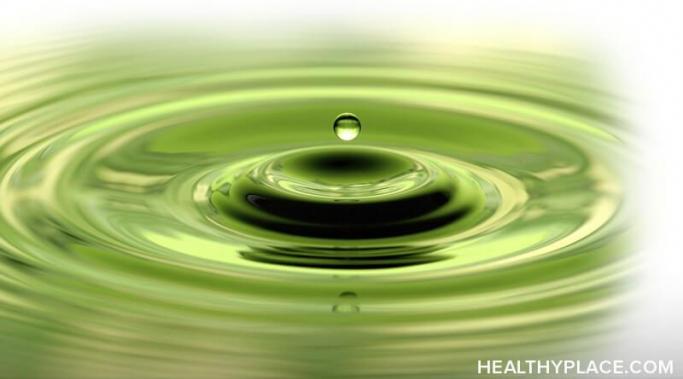It's critical we understand our most important tool. I'm talking about your brain, of course, the very organ that mental wellbeing—and its antithesis, mental illness—originate from. Now, plenty of ink more knowledgeable than mine has been spilled on this subject; a quick Google search will tell you almost anything you want to know about the flesh wad in your head. What I want to do today isn't give you a lesson that Wikipedia could deliver better. Instead, I want to offer you a perspective you'd be hard-pressed to find amidst the citations. I want to help you understand your brain.
Feelings and Emotional Intelligence
Hello, everybody, and welcome to my first official installment of "How to Live a Blissful Life." If I weren't in such an atrocious mood, I'd be happy to be here, but unfortunately, I'm in a bit of a tizzy. For the better part of a day, I've been hacking my way through the unforgiving jungle of my mind with my machete of words in order to deliver you something brilliant for this inaugural post. About an hour ago, I punctuated my final sentence and gave the piece I'd just barely conquered a once over. It was bad. It was really, really bad. It was drowning in inauthenticity and pretension, and I wouldn't have let you touch it with a 10-foot stick.
This year has been pretty overwhelming for most of us, so we need some self-care hacks to cope. In addition to the general stress of 2020, we are now approaching a season that often brings pain and grief to the forefront. With this in mind, I want to share some of my favorite skills for self-care during challenging times.
With the holidays nearly here, I've been taking some time to reflect on what it will mean to find joy during a very different holiday season. For many people, this time of year brings a mix of happiness and overwhelmingness. And in 2020, both feelings will likely be heightened.
"Feeling the fear" as an adult is much different from what our caregivers told us. How often did you hear someone tell you not to be afraid when you were growing up? Your parents likely said you don't need to be afraid of the dark when you went to bed. Maybe a coach encouraged you not to be fearful about trying a new skill. Did your teacher ever tell you not to be afraid to speak up in class?
Intimate relationships often hold a mirror to us so that we may see the unhealthiest parts of ourselves. I have recently made an important connection between my codependent behaviors and my self-worth, thus unearthing a new phase in my personal wellness journey.
Who doesn't want more happiness? But when you feel like you need a change and don't know which way to turn, life can feel nothing short of confusing and frustrating. I've found that coming back to yourself and focusing on what fuels you can be powerful. When you can settle in and determine what's actually important to you specifically, a world of happiness emerges.
There are signs of healthy relationships, just as there are red flags for unhealthy ones. Nearly everyone can relate to being in an unhealthy relationship. It's easy to see it when those we care about are in them, but sometimes it's harder to see when we are in the midst of one ourselves. Luckily, there is a lot of information from relationship experts online and in books about relationship red flags. But what about relationship green lights? What are the signs that you are in a healthy relationship? Read on to find out what I've learned about the six signs of a healthy relationship.
Healthy boundaries can be hard to recognize. For example, have you ever had someone set a boundary with you but it didn't feel right? Maybe they stated in such a way that it was hard to know if it was a legitimate boundary or a manipulation. Perhaps you have been manipulative with others but framed it as setting a boundary. This can be a confusing dynamic in interpersonal relationships and I've certainly struggled with it myself at times. Let's take a look at how you can tell if someone is setting a healthy boundary or being manipulative.
Refusing to take things personally can lead to a more relaxed life where you aren't constantly worrying about being criticized. When you stop taking things personally, you can boost your self-confidence, worry less, and rebound from failures with enthusiasm.









